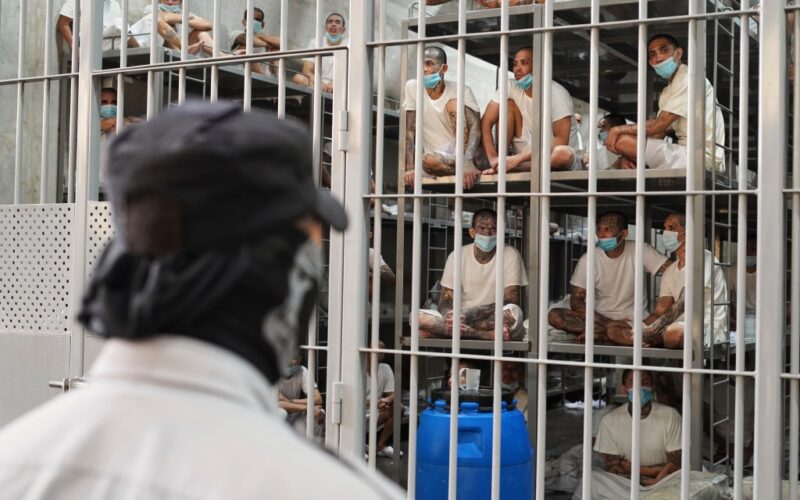Since the Trump administration has refused to guarantee that people being picked and deported using the 1798 Alien Enemies Act have the right to appear before a judge, the U.S. Supreme Court must.
In a short decision issued Monday, the high court vacated the order of D.C. Federal Judge James Boasberg that had prevented Homeland Security from sending Venezuelan migrants to a Salvadoran mega-prison.
In a small victory, the court at least reaffirmed that everyone subject to the removals is entitled to due process, though it is Pyrrhic if the court doesn’t clarify how they’re supposed to access it. If the only avenue for someone grabbed off the street to even present evidence contesting the government’s claims is through a complicated federal habeas claim as they’re getting rushed onto a plane, when many won’t even have lawyers, that’s effectively nothing.
Either the Supreme Court or Boasberg must clarify exact steps that the administration is compelled to take to ensure that due process exists more than on paper for those swept up, which could well continue to include those with legal status and even citizens, if they have no ability to contest their detention.
In addition to making this point, Justice Sonia Sotomayor lays out in her dissent many of the other absurdities and legal sleights-of-hand that undergird this debacle. In all the back-and-forth over proper venue and proof of gang membership, we cannot forget that this proclamation is based on provably false and absurd notions: that the United States is in a state of war with a gang that most Americans had never heard of a month ago.
Also, does this also mean that we are also at war with the government of Venezuela, which has simultaneously been lauded for being a partner in fighting the same gang? Then there are the very loosely defined members of this gang who can be identified as readily as, say, uniformed enemy combatants and subjected to summary removal to a foreign prison.
Every single one of these inane points is something federal judges might have gotten an opportunity to weigh in on had the president publicly announced an invocation of the act, as Sotomayor notes Congress requires. Instead, Trump signed the order in secret and the administration moved to load detainees onto planes almost immediately, even knowing there was a pending lawsuit challenging the legality of the removals, all in an apparent effort to get them out of the country and then claim that judges no longer had jurisdiction.
On that note, before the high court is the separate but related case of Kilmar Abrego García, a Maryland man who had been residing legally in the United States after a judge granted him humanitarian protections, but who the administration sent to El Salvador anyway. Everyone, including the government, agrees that his removal was illegal, but DOJ lawyers have argued that the government cannot bring him back because he is no longer in U.S. custody, even though everyone also agrees that the Salvadoran government is holding these detainees on behalf of the U.S. government.
A federal judge ordered Abrego returned to the U.S., by end of day Monday, but Chief Justice John Roberts stayed that order as the court moves to consider the issue in more detail. However this ends, it must end with him being brought back. If the government can admit that it illegally sent someone to a foreign prison and won’t do anything about it, then we’re all at grave risk.








